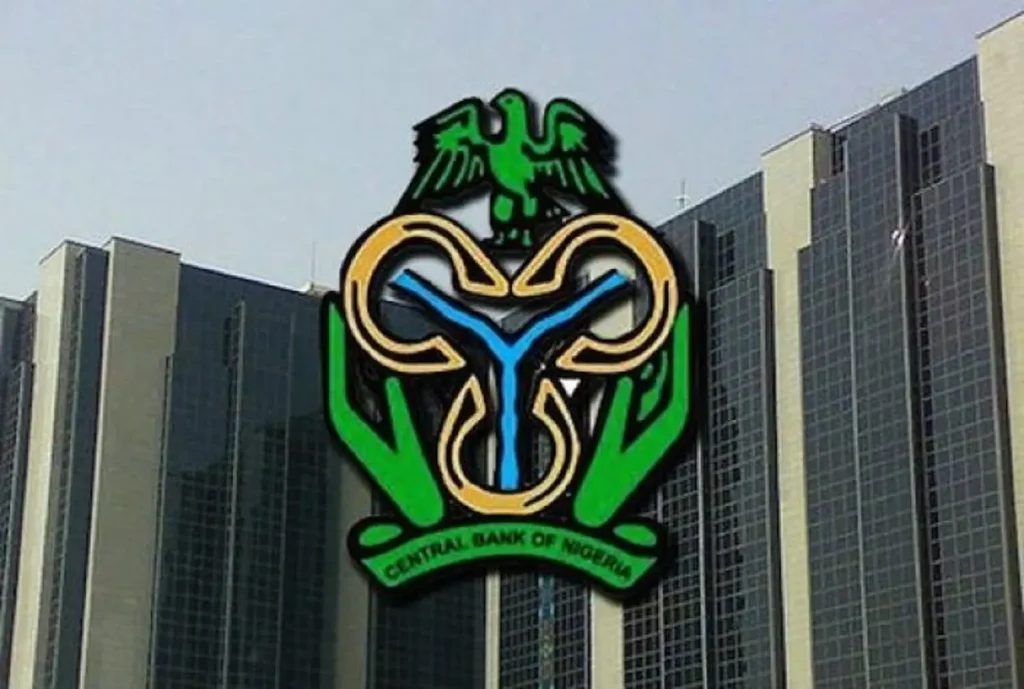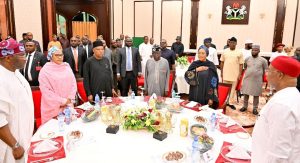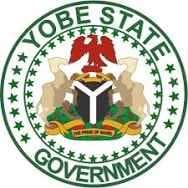The newly reviewed ATM transaction fees announced by the Central bank of Nigeria is ill-timed. The reason behind the review, according to CBN, is the rise in operation cost, which has made the increase a necessity. The Banker’s bank also alluded that the new increase will enhance the efficiency of the ATM services. Despite the increase, there are various avenues banks in collaborating with CBN are milking money from Nigerians. One of such ways is the FGN levy deduction on transaction, SMS levy, account maintenance levy, atm card cost of production, and other costs. It will amount to a double taxation if customers are made to pay another increment aside from the already existing one.

According to Central bank of Nigeria, the revised ATM transaction fees will take effect from March 1, 2025 while all banks and financial institutions are required to comply with the CBN’s circular dated February 10, 2025, entitled, ‘Review of Automated Teller Machine Transaction Fees’ from this date.
Before the current review, the last review was in 2019 when withdrawal fees were reduced from N65 to N35. The new review is coming five years after the last one.
The CBN explained that withdrawals from your bank’s own atm knowns as (On-us transaction) will remain free of charge irrespective of the location as long as it is your bank. On the new charges for withdrawal, Not-On-Us transactions, which means withdrawals at another bank’s ATM, will be charged. It is also called on-site ATMs with N100 per N20,000 withdrawal compared to the old fee of N35. For off-site ATMs, the sum of N100 will be charged per N20,000 withdrawal, plus a surcharge of up to N500. The surcharge will be displayed on a customer’s ATM screen before transaction approval.
The statement issued by CBN further said that International Withdrawals charges will be based on cost recovery, meaning the exact fee applied by the international acquirer will be passed to the customer.
What the on-site ATMs mean is that ATMs are located within or directly affiliated with a bank branch. This means that ATMs that are on the bank premises while the off-site ATMs are the ones outside a bank’s premises, such as shopping malls, fuel stations, or other public areas.
The Not-On-Us Transactions, which are withdrawals at another bank’s ATM, will attract a base fee of N100 per N20,000.
It is important to know that the fee of N100 will apply to people who withdraw less than N20,000 from another bank, which is a bank other than the one that issued your payment card. The CBN reason for applying the fee for every N20, 000 withdrawal is to prevent customers from being compelled to break their withdrawals to less than N20,000 per withdrawal.
In other words, ATM transactions will incur a base fee of N100 per transaction while a tiered fee structure will apply for transactions exceeding N20,000, with an additional N100 charged for each subsequent withdrawal of N20,000 or portion thereof.
The Banker’s Bank- CBN noted that the charges and surcharges are capped, meaning that banks and other financial institutions are not allowed to charge more than the fees prescribed in the circular.
While it is not bad to review fees of transaction, it is also important to find how many bank customers save more than a million naira in their account which means that the new revised fees will only affect the poor people rather than the few rich people.
Policies in Nigeria since the commencement of President Bola Tinubu’s administration have seen more poor parting away with the little they have while the rich continue to get richer. One example of such people are bank owners in Nigeria. The implication of this review fees on ATM surely leads to an increase in payment of the POS operators, thereby affecting the poor Nigerians.
It will be good if the CBN can do a market survey and review this policy before the implementation because this is another difficult time for the poor masses. If nothing is done urgently, this may further aggravate the pains of Nigerians who have been managing to cope with fuel increase as well as other high market costs of goods.
Failure to review the policy before implementation with the aim to mitigate potential hardships may further improverish the lives of the people.
By Tosin Adesile Ph.D























